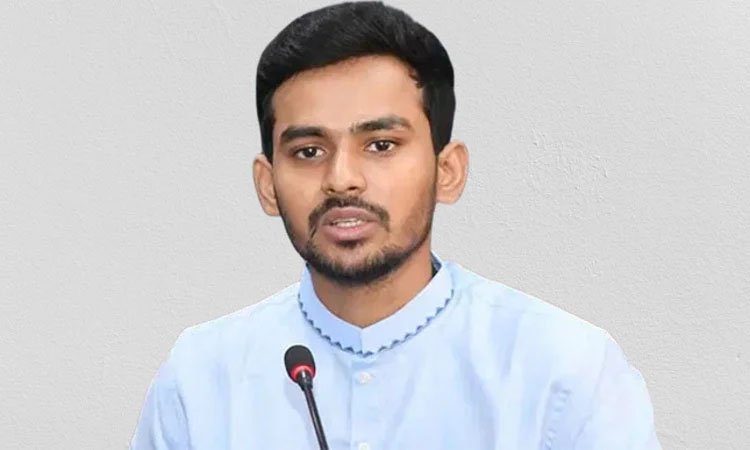News Flash
News Flash

DHAKA, May 27, 2025 (BSS) - Local Government, Rural Development and Cooperatives and Youth and Sports Adviser Asif Mahmud Sojib Bhuiyan has said enforced disappearance reflects the silence of the state, and the silence must have to be broken.
Calling everyone to raise their voices against this crime, the adviser said in his verified Facebook page, "if you remain silent, history will not forgive you."
Citing an example of misrule during the previous Awami League regime, the LGRD adviser said nearly 666 people were forcibly disappeared from 2009 to March 2024, adding that the actual number is higher than what has been publicly disclosed.
Describing disappearance as a worrisome issue in Bangladesh, Adviser Asif Mahmud said incidents of disappearance rose since 2010, particularly during the Awami League's regime, as per the information revealed by the human rights organizations.
The government is observing the International Week of the Disappeared in the last week of May, as in previous years, to remember victims of enforced disappearance.
The week was first initiated in 1981 by the Latin American Federation of Associations for Relatives of the Detained-Disappeared (FEDEFAM). At that time, authoritarian regimes in Latin America were forcibly disappearing political opponents. The initiative has since gained international recognition.
The week serves as a global awareness campaign to highlight enforced disappearances, extrajudicial actions, and associated human rights violations.
The core aim is to remember the disappeared, show solidarity with their families, demand justice and accountability, and call for the protection of human rights and rule of law.
Later, several international human rights organizations, including Amnesty International and Human Rights Watch, began observing the week.
In Bangladesh, victim families and rights organizations held press conferences, human chains, memorial meetings, and other programmes to mark the week.